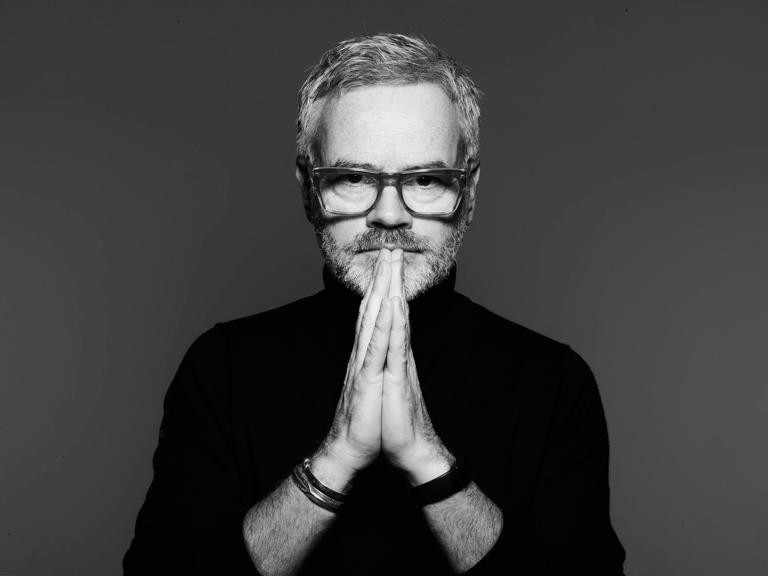
In a powerful show of unity, over 10,500 creative professionals have signed a statement warning artificial intelligence companies against the unlicensed use of their work. Among the signatories are notable figures such as Radiohead's Thom Yorke, actress Julianne Moore, and ABBA's Björn Ulvaeus.
The statement, organized by British composer Ed Newton-Rex, addresses the growing concern among artists, writers, musicians, and actors about the use of their intellectual property to train AI models without permission or compensation. This practice, they argue, poses a significant threat to their livelihoods and creative rights.
"The unlicensed use of creative works for training generative AI is a major, unjust threat to the livelihoods of the people behind those works, and must not be permitted," the statement declares.
Newton-Rex, a former AI executive, points out the disparity in how AI companies value different resources. While they invest heavily in personnel and computing power, they expect to use creative works as training data for free. He emphasizes that this "training data" represents people's hard work and creativity across various fields.
The statement comes amid ongoing legal battles between creative professionals and tech firms. In the United States, authors like John Grisham and George R.R. Martin are suing OpenAI, the developer of ChatGPT, for alleged copyright infringement. Similar lawsuits have been filed by artists against image generators and by major record labels against AI music creators.
The creative community is also pushing back against proposals for "opt-out" schemes, which would allow AI companies to use content unless creators explicitly refuse. Newton-Rex argues that such schemes are inherently unfair, as most creators remain unaware of them and miss the opportunity to opt out.
This collective action by thousands of creatives, spanning literature, music, film, theatre, and television, sends a clear message to both AI companies and policymakers. It underscores the need for fair practices and proper licensing in the rapidly evolving field of artificial intelligence.
As the debate continues, the creative industry stands united in its call for protection of intellectual property rights in the age of AI. The involvement of high-profile artists like Yorke and Moore adds weight to this cause, bringing increased attention to the complex intersection of creativity, technology, and rights.